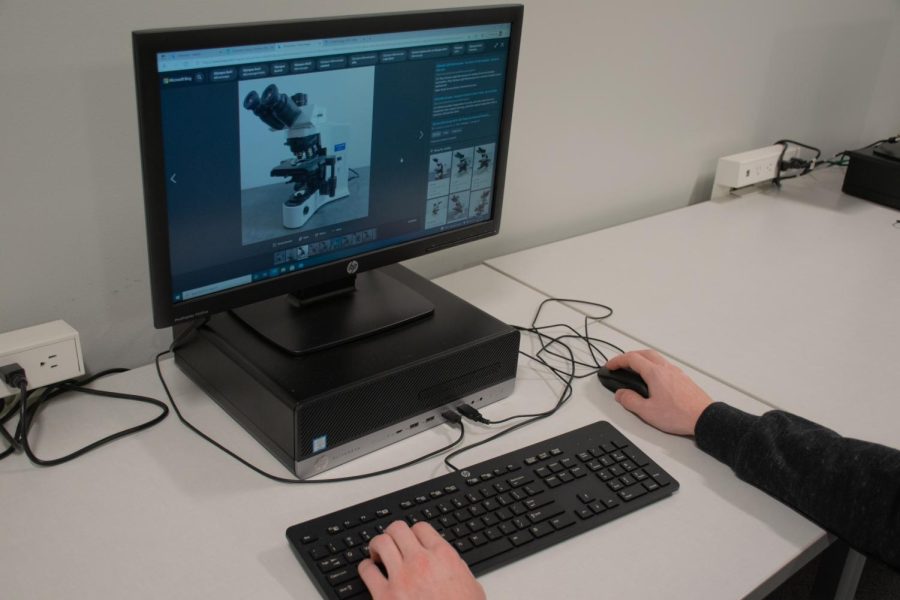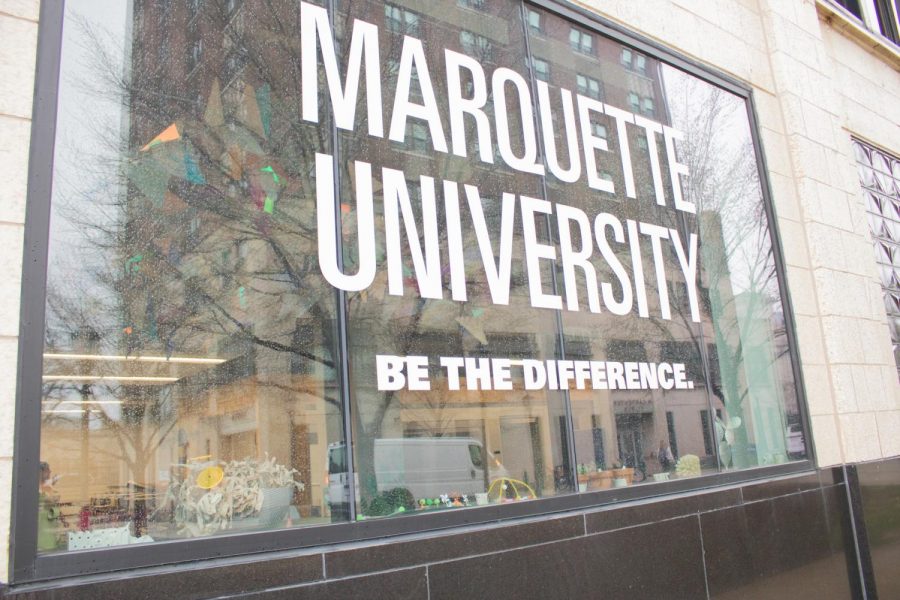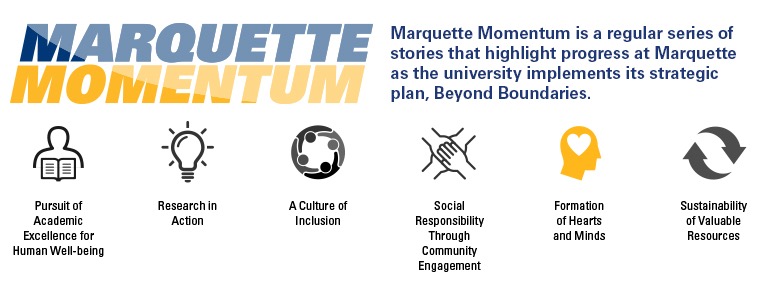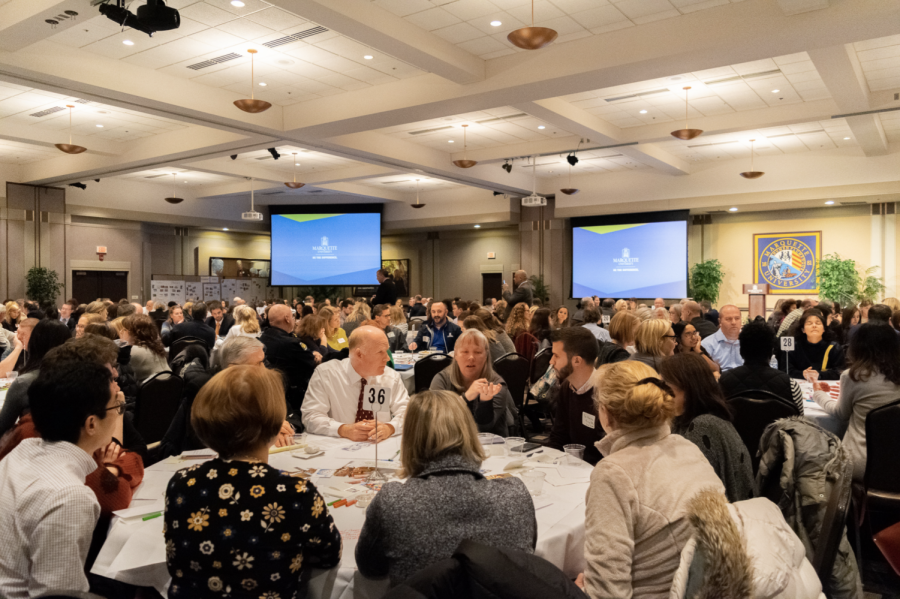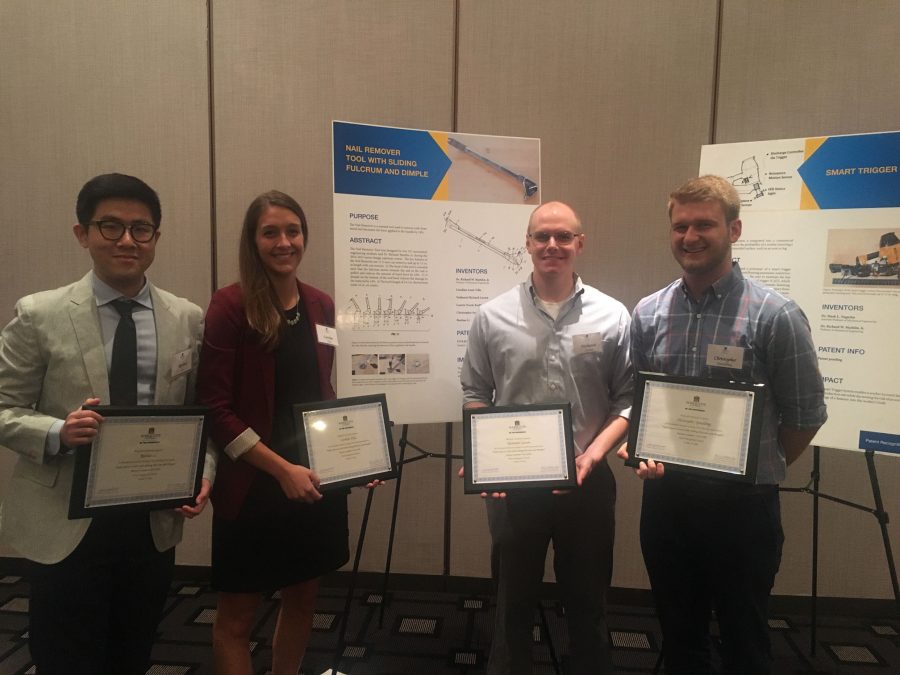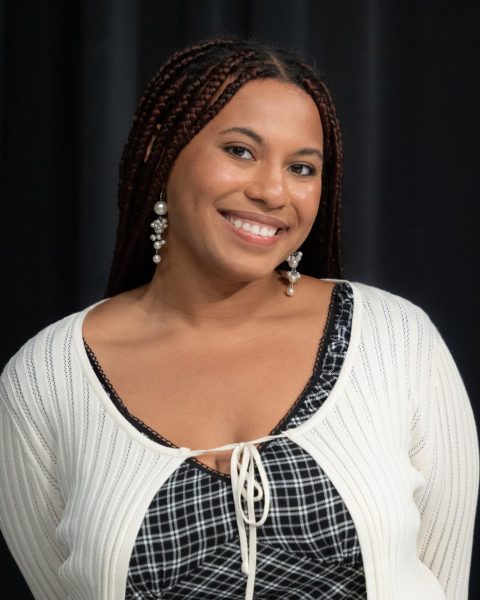Marquette advances toward becoming a more comprehensive research institute with the Research in Action Program. The program, a part of Marquette’s Beyond Boundaries initiative, seeks to create research opportunities and support for faculty members.
“Research in Action is one of the six themes of the Beyond Boundaries strategic plan for the university. The goal statement for this theme is ‘to advance Marquette as a university committed to research and scholarship, with an emphasis on strategically defined areas, including innovation,’” Jeanne Hossenlopp, vice president for research and innovation, said.
The Beyond Boundaries strategic plan was approved in 2013 to advance Marquette into a truly financially, academically, and socially impactful campus. This, along with the creation of the Office of Research and Innovation in 2015, helped jumpstart the Research in Action program.
“This initiative is intended to advance research and train faculty who want to develop grassroots research communities or hubs,” Lucas Torres, a professor of psychology and faculty fellow at the Office of Research and Innovation, said.
Although recently founded, the initiative has already begun its goal of supporting faculty mid-career.
For example, in 2018, as shown on the Marquette University website’s Beyond Boundaries page, eight faculty members from the College of Nursing and the College of Education were recruited into the program. Led by Doctor Sandra Hunter, a professor of exercise science, created a summer program. From the research found in that summer program, one of the researchers was able to find framing for a book she then published, and sold out.
This initial research showed a need for faculty to easily engage with peers and help create research that benefits all.
“Faculty are often highly trained in a specialized field or area of research. Many of us do not receive training on how to manage and navigate large-scale, multidisciplinary, multi-institutional research initiatives and so are left to learn ‘on the job,’” Torres said.
Although these limitations are present, there have been several projects involving research that have been seen around Marquette’s campus, from The Athletics and Human Performance Research Center that opened this spring, to the College of Education tripling its research expenditures. However, without proper training, these resources cannot be used to their full extent.
“This lack of training may also function as a barrier to faculty who have innovative ideas but feel as though they may not have the skills to carry them out. The Research in Action Pilot Program is an attempt to fill a potential need and help faculty advance their research on a broader scale,” Torres said.
Although the program has technically started, it is still in its pilot stage.
“As a first step, we held a webinar last May with the EAB Research Forum (an organization that my office was a member of over the past several years). The webinar focused on best practices for managing centers and institutes and also featured research leadership programs at other universities,” Hossenlopp said in an email.
The primary focus of the program at the moment is recruiting several faculty members to broaden the scope of research being conducted on campus.
“During this pilot year, we are bringing together faculty with experience in leading large-scale initiatives to help plan the programming for the spring semester. The spring semester program is open to any interested faculty member. We expect that the program will evolve as the University Committee on Research designs the process for identifying and supporting research communities this year,” Hossenlopp said.
There is an ongoing search for faculty to pursue this opportunity and an online form available for any faculty wishing to take part in this exciting endeavor, whether it be this semester or the next. The form is linked here
Although there are no applications for students to take part in the research projects as students will also take part in the efforts of the research project.
“Students, both undergraduate and graduate, are an essential component to developing research communities. Although this initial pilot program is focusing on faculty, our goal is to continue to integrate student voices and provide research experiences shortly,” Torres said.
This story was written by Clara Lebron. She can be reached at clara.lebron@marquette.edu


